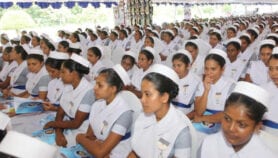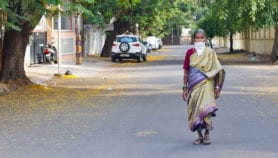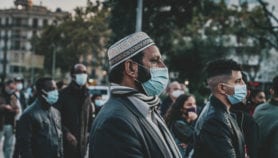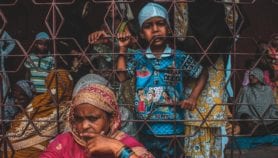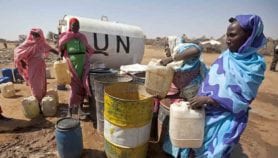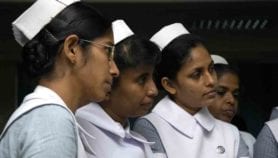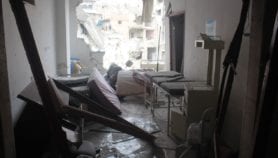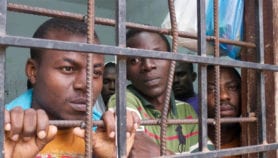By: T.V. Padma
Send to a friend
The details you provide on this page will not be used to send unsolicited email, and will not be sold to a 3rd party. See privacy policy.
[NEW DELHI] India’s top medical research institute has been rocked by controversy due to a row between its director and the country’s health minister that resulted in the director being sacked last week (5 July).
The dispute has triggered a debate over political interference in medical institutes, and has split faculty members into those for and those against their director.
Health minister Anbumani Ramadoss sacked Panangipalli Venugopal, director of the All India Institute of Medical Sciences (AIIMS), for “openly criticising” the government.
Venugopal filed a complaint with the Delhi High Court, which ruled on Friday (7 July) that the sacking be put on hold until the court decides whether it was justified.
Pratap Narain Tandon, former professor of neurosurgery at AIIMS, says the atmosphere in the institute is now “vitiated… with the faculty, director and dean trading charges instead of focusing on medical research”.
The sacking is the latest twist in a month-long saga in which Ramadoss and Venugopal traded charges of interference and indiscipline, and each appointed a separate dean of the institute.
Ramadoss accused Venugopal of backing protests by AIIMS students in May-June against the government’s plans to reserve half of all university seats for the socially underprivileged (see Indian caste quotas split knowledge commission). He later sacked three of Venugopal’s aides.
Venugopal in turn accused Ramadoss of meddling with the institute’s day-to-day running. Last month he said the minister was “systematically undermining” his office.
AIIMS has been plagued by waves of senior faculty members departing to better paying corporate hospitals, rising patient numbers, and accusations — which its faculty denies — of declining standards of treatment and research.
Senior science policymakers have been privately concerned about the health ministry’s control over the Indian Council of Medical Research and AIIMS. They say the ministry’s red tape has delayed many promising research leads.
“Brilliant scientists will now think ten times before joining the institute if politicians win the battle,” agrees Pradeep Seth, who joined AIIMS as a student in 1960 and retired as professor of microbiology last year.
Last month, the government appointed a committee headed by M. S. Valiathan, former director of the Sree Chitra Tirunal Hospital in Thiruvananthapuram, to look into various issues relating to how the institute functions. The committee will report its findings in August.
“The autonomy that was envisaged for AIIMS, with minimal government intervention in policy, has long been shelved,” notes Tandon, who is a former president of the Indian National Science Academy.
The core problem, according to past and present faculty members, is that the health minister serves as the AIIMS president.
When AIIMS was set up in 1956 this was not the case. But since the 1960s, the institute’s governing body — dominated by government nominees and health ministry officials — has appointed health ministers as the institute’s president, says Tandon.
“Successive directors have handed the institute on a platter to the health ministry,” agrees Seth.
Two recent parliamentary committees for 2003-04 and 2004-05 recommended that the institute’s autonomy be restored, but to no effect.




